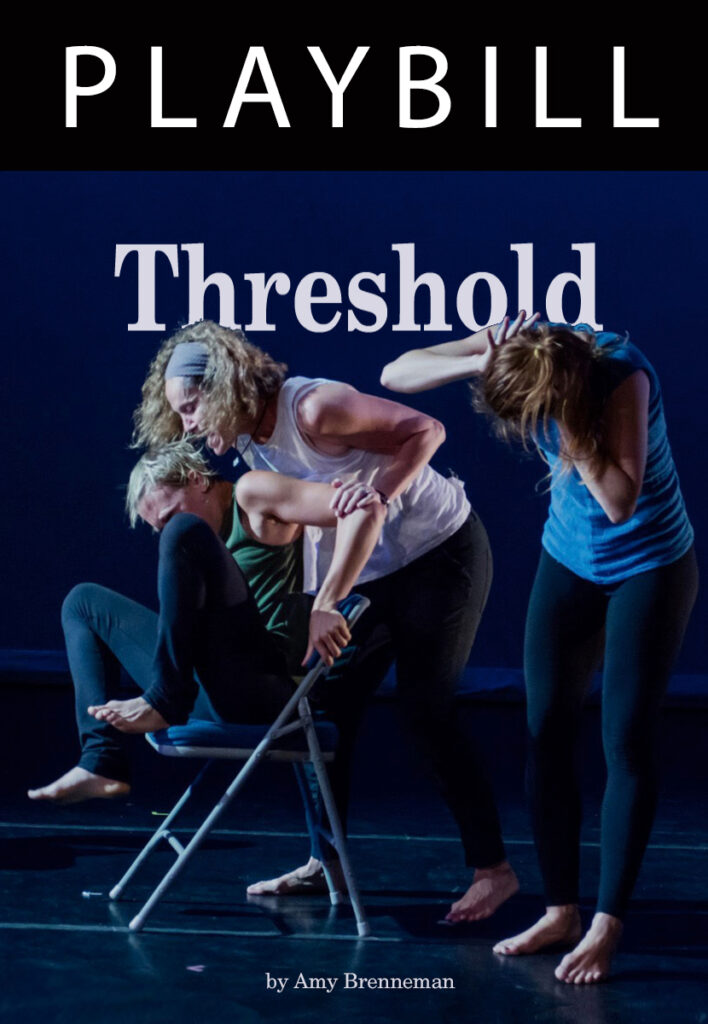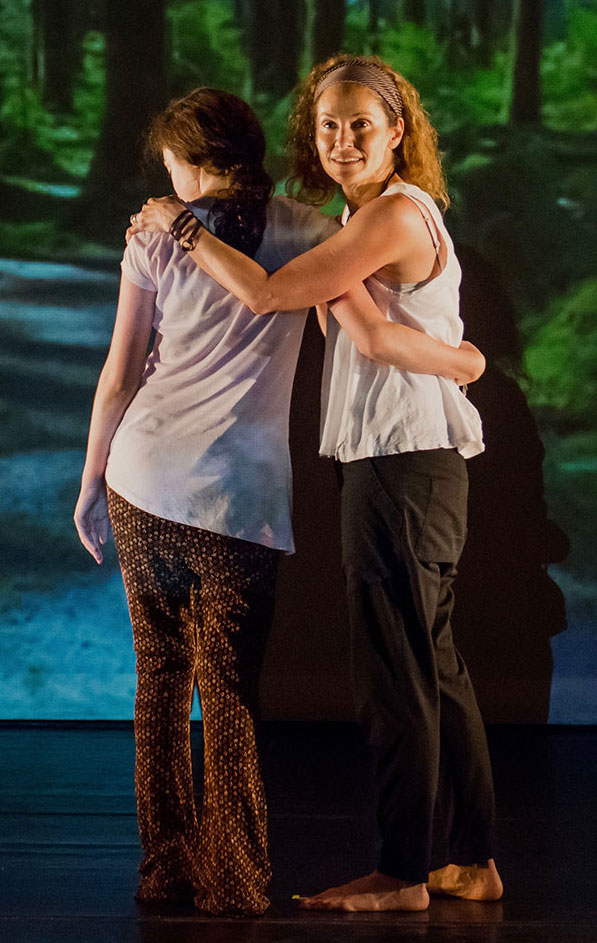
Threshold
By Amy Brenneman
From the moment my daughter was born, she challenged my notions of prediction and control.
She was born with a rare endocrine disorder (one in 14,000) which although treatable, was the first indication of her uniqueness. Because she was not speaking at two, my husband and I put a speech therapist in place and not long after, an Individual Educational Program through the school district. But her diagnosis was a mystery; she was not on the autism spectrum, did not have cerebral palsy or Downs Syndrome or any of the other clubs that we were adjacent to, but not a full member of. There were assessments and evaluations and blood tests and CT scans to figure out what was wrong with her and fix it.
Over time, because we had to, we let go of the need for a diagnosis. We addressed the symptoms as best we could: speech, occupational therapy, educational therapy, social skills. Charlotte had an “invisible disability”; if she tried with excruciating might, she could “fit” into a typical classroom. She was attempting to pass, no different than asking a light skinned black person to pass as white, or an effeminate gay man to pass as straight. Keep your differentness to yourself, the dominant culture seemed to say, and you will be allowed to stay.
Three years ago, at age 15, my daughter was diagnosed with a rare chromosomal abnormality (1400 reported cases worldwide.) Also three years ago, I started work on “Threshold.” This piece tells the story of my becoming an ally to my daughter– and examining what our culture considers a disability in the first place. As I write in the piece:
Sometimes you can’t solve problems.
Because the problem isn’t what you thought it was.
The problem is something else entirely.
“Threshold” comes directly from my heart and experience, but when we first workshopped it in July 2016, I was honestly humbled by the response. In July 2019, at our latest workshop, it was the same if not more. Most people, it turns out, have experience in being considered “different” or “disabled” and most want to have an honest conversation about the promise and challenge of a truly inclusive society.
That a singular, autobiographical story could become universal is thrilling to me. My fondest hope for this piece is to build community and discussion with educators, disabled folks, allies, families and policy makers. Having been a founding member of Cornerstone Theater Company, along with director Sabrina Peck, community building and inclusive art-making is clearly in our DNA.
Sabrina is my constant collaborator. This story moves between intimate, casual direct address to bold choreography, humorous characters and graphic scenic design. The emotional landscape dictates the style, moment to moment, and Sabrina is in command of all of it. I am so grateful for her watching eye and enormous artistic skill.
It is time for “Threshold.” Books like Andrew Solomon’s “Far From The Tree” and Steve Silberman’s “Neurotribes” depict a world where neurodiverse and disabled activists are forcing opens the bounds of dominant culture. As I write: “They are no longer interested in turning themselves into pretzels to fit into a culture that is inherently ableist, homophobic, patriarchal and broken.”
My daughter’s disability and her extraordinary spirit has shined light on the path forward. In our next production of “Threshold,” we look forward to shining this light in an even bigger and joyous way.

